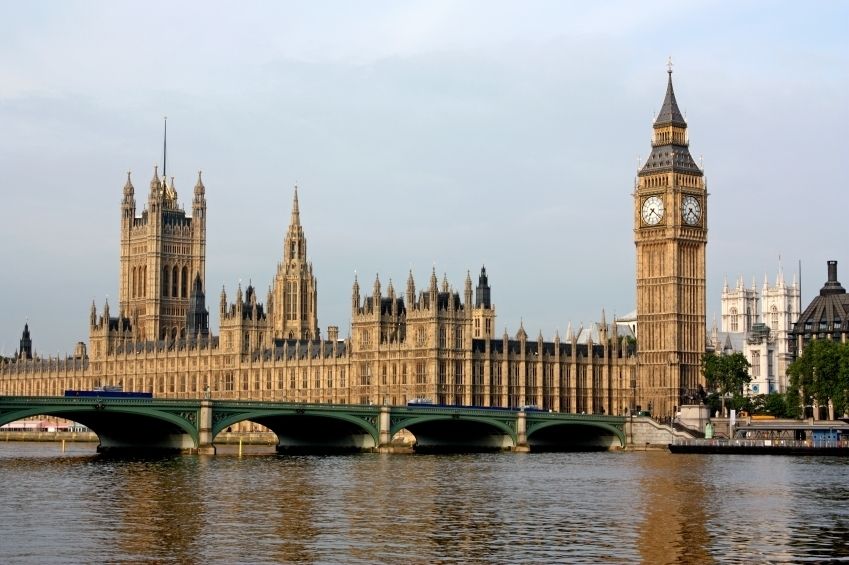‘More talking points than action points’: United Response reacts to the government’s Disability Action Plan

This week, the government published its finalised Disability Action Plan, outlining a total of 32 actions aimed at making the country ‘the most accessible place in the world for disabled people to live, work and thrive.’
Responding to its commitments, United Response’s Head of Public Affairs, Policy, and Communications Ali Gunn said:
“Whilst there are several positive short-term solutions from the Plan, few longer-term approaches have been offered to address chronic, pressing challenges facing disabled people and their families.
“We welcome the Disability Unit’s explicit commitment to support disabled election candidates financially. United Response and partners across civic society have closely engaged successive Disability Ministers on this issue. We look forward to building on this pledge and opening up equitable opportunities for disabled people to participate in public life.
“Similarly, we acknowledge clear commitments made towards better signposting of information to disabled people and their families, as well as developing new resources addressing disability-specific issues.
“Nevertheless, we are alarmed that the number one issue facing disabled communities across the country merits only one action – that is, the cost-of-living crisis. Promises to “improve understanding” across government ring hollow when it is well-documented that disabled people are disproportionately impacted by additional care and living costs. Consecutive studies since the COVID-19 pandemic have confirmed this, and MPs themselves know from their inboxes from constituents.
“Similar knowledge-raising initiatives, such as that to “promote better understanding” of the UN Convention on the Rights of Persons with Disabilities across government, lose their edge when the government has yet to fully respond to severe shortcomings identified by the UN Committee in fulfilling its legal obligations.
“In all, United Response believes the renewed Disability Action Plan offers more talking points than action points.
“Firmer commitments towards decisively addressing long-term challenges are what’s needed to realise the Plan’s ambition of making “this country the most accessible place in the world for disabled people to live, work and thrive.”
“Of these, funding adult social care, supporting disabled people in poverty, and tackling barriers to justice facing victims of disability-motivated hate crimes are the most pressing.
“We will continue to hold the government accountable on their record and work constructively with policymakers across Westminster to ensure disabled voices are at the centre of every decision.”